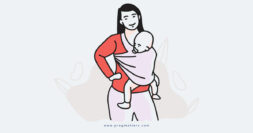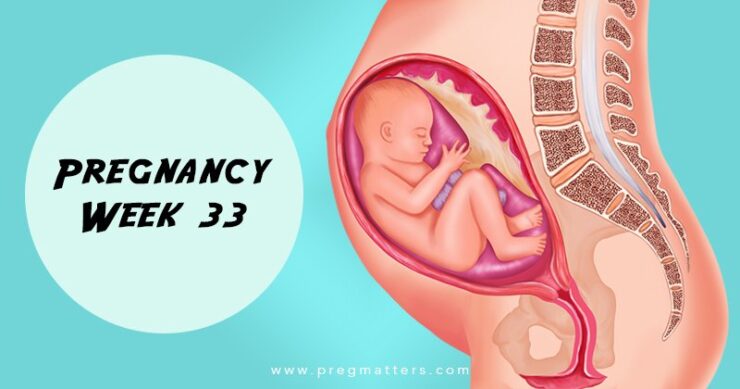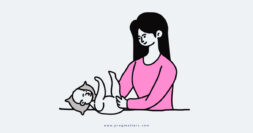
Smart ways to calm and comfort your child
When a child is lonely, discouraged, or sad, it can be tough knowing the right words to say to calm or comfort

Your baby’s pupils can adjust to darkness and light and is about the size of a pineapple. The baby is about 17.20 inches long and weighs about 4.23 pounds.
Round Ligament Pain: Some pregnant women experience round ligament pain. This pain feels like achy or sharp pain in the lower abdomen, on one or both sides. You may feel this when you’re getting up, stretching or twisting. This pain caused by stretching and thinning of ligaments that support your womb. This change occurs to accommodate the increasing weight.
Hot Flashes: You may feel abnormally hot. Extra heat is generated due increased blood flow, hormonal activity, and increased metabolic rate to support your baby.
Shortness Of Breath: You may have trouble breathing freely. This happens as your baby grows and your uterus expands, other organs will get compressed to make room for her.
Clumsiness: You may find yourself off-balance and prone to slipping or falling. This happens due to your loosened joints, extra weight and your shifted centre of gravity. Although clumsiness is a temporary side effect of pregnancy, you need to be extra careful to prevent falling or slipping.
Forgetfulness: You may have trouble concentrating and may become forgetful. This is known as “pregnancy brain”. What causes pregnancy brain is not known to experts, but it is thought to be caused by biological factors or having too many thoughts in the mind.
Insomnia: Your sleep may be disrupted by body aches, leg cramps, anxiety, and frequent urination.
Headaches: Headaches are common during pregnancy. Headaches are caused by surge of pregnancy hormones. Hunger, dehydration, lack of sleep, and stress can also cause headaches. Practicing some relaxing techniques will help you deal with common headaches. Headaches can be a sign of preeclampsia (high blood pressure during pregnancy).Take acetaminophen (Tylenol) and take rest to get relief. If your headache doesn’t go away or gets worse even after taking the medicine and rest, call your doctor.
Backache: Backache is a chronic symptom of pregnancy. This happens because your growing baby puts a lot of pressure on your inner muscles.
Sciatica: You may experience pain in the lower back, hips, buttocks, and radiates down one or two legs. This is the pain that radiates along the path of the sciatic nerve. This happens due to the pressure exerted on the sciatic nerve by the expanding uterus.
Edema: You may notice swelling of your feet and ankles. This happens because of poor blood circulation in your legs. This can also happen due to excess fluid retention in your body. This is normal and there is no cause for worry. Avoiding standing or sitting for long periods of time and popping your feet up high will help.
Frequent Urination: Needing to pee frequently will continue and is a common and constant problem during the entire pregnancy. Pregnant women commonly experience temporary bladder control problems in pregnancy. Baby in your womb baby pushes down on the bladder, urethra, and pelvic floor muscles. This pressure can lead to more frequent need to urinate, as well as leaking of urine when sneezing, coughing, or laughing.

When a child is lonely, discouraged, or sad, it can be tough knowing the right words to say to calm or comfort

Do you find it hard to trim your baby’s nail, especially for the first time? Well, you may consider their soft nails

As you begin your journey into motherhood, you should be prepared to have a fair share of joys and pain. As you

One of the most common discomforts faced during pregnancy is shoulder pains. In fact, over 40% of pregnant women experience shoulder pains

As you welcome your newborn, you might get nervous about diapering your baby. Well, changing diapers is the part most parents dread
© 2018 – 2022 PregMatters.com | All Rights Reserved | Developed & Designed By Familycoaching.com.au All content, including text, images, and graphics, published on Pregmatters.com is for educational and informational purposes only. The information should not be used to advise, act, diagnose, or treat any medical or non-medical condition. Always consult a qualified health care professional if you or your children have any health problems or issues.